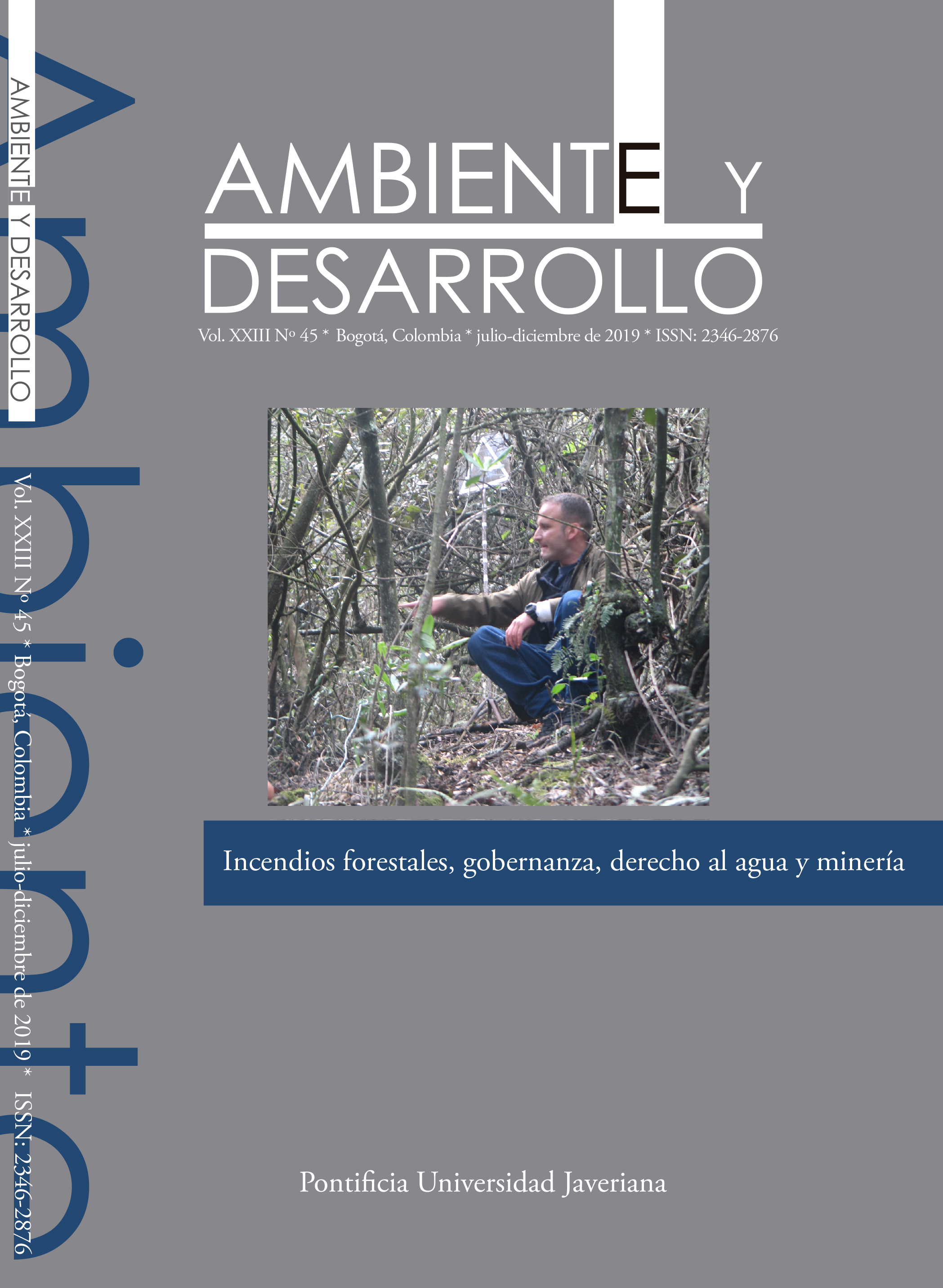Resumen
Se ha demostrado que un aumento de la concienciación influye sobre el uso responsable del agua, sin embargo, las campañas de concienciación tienen un efecto de limitada duración en el tiempo y se observa que buenas actitudes hacia el medio ambiente no siempre acompañan una conducta positiva. En este trabajo se propone influir en las actitudes del consumidor, de manera que tenga una influencia positiva en un consumo responsable; para ello, se tendrá en cuenta el descuento de la demora, que sería el grado en que una consecuencia futura se valora en el presente de forma devaluada por su lejanía en el tiempo. Basándonos, por un lado, en estudios sobre las actitudes hacia el ahorro de agua y su influencia en el consumo, y por otro lado, en el efecto que ha tenido la influencia en el descuento de la demora sobre el comportamiento de las personas en otras conductas problemáticas. Se propone una campaña de concienciación de ahorro de agua en el hogar, influyendo sobre el descuento de la demora.
Breckler, S. J. (1984). Empirical validation of affect, behavior, and cognition as distinct components of attitude. Journal of personality and social psychology, 47(6), 1191-1205. https://doi.org/10.1037//0022-3514.47.6.1191
Brick, C., y Lai, C. K. (2018). Explicit (but not implicit) environmentalist identity predicts pro-environmental behavior and policy preferences. Journal of Environmental Psychology, 58, 8-17. https://doi.org/10.1016/j.jenvp.2018.07.003
Collado, A., Johnson, P. S., Loya, J. M., Johnson, M. W., y Yi, R. (2017). Discounting of condom-protected sex as a measure of high risk for sexually transmitted infection among college students. Archives of sexual behavior, 46(7), 2187-2195. https://doi.org/10.1007/s10508-016-0836-x
Dharshing, S., y Hille, S. L. (2017). The energy paradox revisited: analyzing the role of individual differences and framing effects in information perception. Journal of Consumer Policy, 40(4), 485-508. https://doi.org/10.1007/s10603-017-9361-0
European Enviroment Agency (EEA). (2001). Sustainable water use in Europe - Part 2: Demand management (Technical report no. 19), Copenhagen. Recuperado de https://www.eea.europa.eu/publications/Environmental_Issues_No_19
Gaudin, S. (2006). Effect of price information on residential water demand. Applied economics, 38(4), 383-393. https://doi.org/10.1080/00036840500397499
Inman, D., y Jeffrey, P. (2006). A review of residential water conservation tool performance and influences on implementation effectiveness. Urban Water Journal, 3(3), 127-143. https://doi.org/10.1080/15730620600961288
Koffarnus, M. N., Jarmolowicz, D. P., Mueller, E. T., y Bickel, W. K. (2013). Changing delay discounting in the light of the competing neurobehavioral decision systems theory: a review. Journal of the experimental analysis of behavior, 99(1), 32-57. https://doi.org/10.1002/jeab.2
Lawyer, S. R., y Mahoney, C. T. (2017). Delay discounting and probability discounting, but not response inhibition, are associated with sexual risk taking in adults. The Journal of Sex Research, 55(7), 1-8. https://doi.org/10.1080/00224499.2017.1350627
Mellis, A. M., Snider, S. E., Deshpande, H. U., LaConte, S. M., y Bickel, W. K. (2019). Practicing prospection promotes patience: repeated episodic future thinking cumulatively reduces delay discounting. Drug and alcohol dependence, 204, 107507. https://doi.org/10.1016/j.drugalcdep.2019.06.010
Moglia, M., Cook, S., y Tapsuwan, S. (2018). Promoting Water Conservation: Where to from here? Water, 10(11), 1510. https://doi.org/10.3390/w10111510
Schacter, D. L., Benoit, R. G., y Szpunar, K. K. (2017). Episodic future thinking: Mechanisms and functions. Current opinion in behavioral sciences, 17, 41-50. https://doi.org/10.1016/j.cobeha.2017.06.002
Stavenhagen, M., Buurman, J., y Tortajada, C. (2018). Saving water in cities: Assessing policies for residential water demand management in four cities in Europe. Cities, 79, 187-195. https://doi.org/10.1016/j.cities.2018.03.008
Stein, J. S., Tegge, A. N., Turner, J. K., y Bickel, W. K. (2018). Episodic future thinking reduces delay discounting and cigarette demand: an investigation of the good-subject effect. Journal of behavioral medicine, 41(2), 269-276. https://doi.org/10.1007/s10865-017-9908-1
Willis, R. M., Stewart, R. A., Panuwatwanich, K., Williams, P. R., y Hollingsworth, A. L. (2011). Quantifying the influence of environmental and water conservation attitudes on household end use water consumption. Journal of environmental management, 92(8), 1996-2009. https://doi.org/10.1016/j.jenvman.2011.03.023
Ambiente y Desarrollo se encuentra registrada bajo la licencia Creative Commons Reconocimiento 4.0 Internacional. Por lo tanto, esta obra se puede reproducir, distribuir y comunicar públicamente en formato digital, siempre que se reconozca el nombre de los autores y a la Pontificia Universidad Javeriana. Se permite citar, adaptar, transformar, autoarchivar, republicar y crear a partir del material, para cualquier finalidad (incluso comercial), siempre que se reconozca adecuadamente la autoría, se proporcione un enlace a la obra original y se indique si se han realizado cambios. La Pontificia Universidad Javeriana no retiene los derechos sobre las obras publicadas y los contenidos son responsabilidad exclusiva de los autores, quienes conservan sus derechos morales, intelectuales, de privacidad y publicidad.
El aval sobre la intervención de la obra (revisión, corrección de estilo, traducción, diagramación) y su posterior divulgación se otorga mediante una licencia de uso y no a través de una cesión de derechos, lo que representa que la revista y la Pontificia Universidad Javeriana se eximen de cualquier responsabilidad que se pueda derivar de una mala práctica ética por parte de los autores. En consecuencia de la protección brindada por la licencia de uso, la revista no se encuentra en la obligación de publicar retractaciones o modificar la información ya publicada, a no ser que la errata surja del proceso de gestión editorial. La publicación de contenidos en esta revista no representa regalías para los contribuyentes.



